Miss Me When I’m Gone: Heritage Eurasian Recipes
by Qian Leung
@ 20 Sep 2018
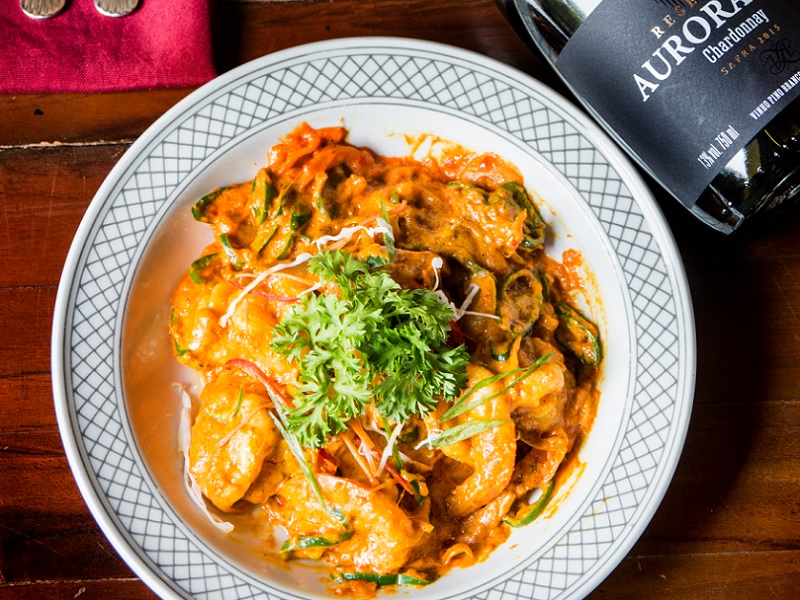
In the 1500s, as spice traders from Portugal settled in Malacca and took local womenfolk as wives, their children became known as Eurasians. “After the Portuguese came, the Dutch came, then the English came,” explains Chef Quentin Pereira, 46, of
Quentin’s Eurasian Restaurant. “Back then, a Eurasian would often marry another Eurasian, just like how the Chinese would usually marry within their own race.” His name came from the Latin word for ‘fifth’, as he was the fifth child out of six.
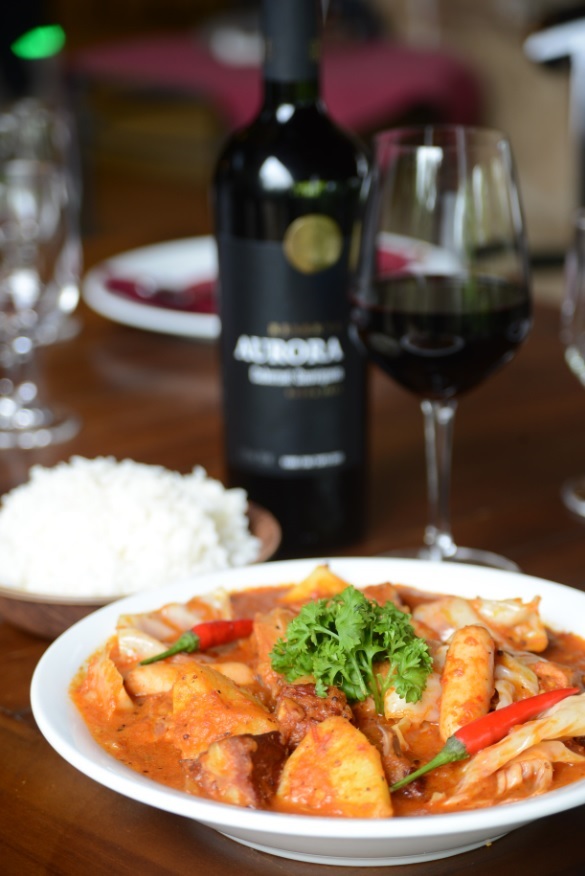
curry debal
“To me, Eurasian food is comfort food.” When he eats curry devil (or curry debal), he is reminded of memories of the whole family coming together. Debal, in Creole-Portuguese, refers to leftovers from Christmas used to make this curry. “When I was growing up, people think that I eat steak and potato everyday,” says Chef Pereira. Since most people don’t know much about Eurasian food, someone once suggested that he drop the word ‘Eurasian’ from his restaurant name. “But for me, it’s about keeping the heritage alive.”
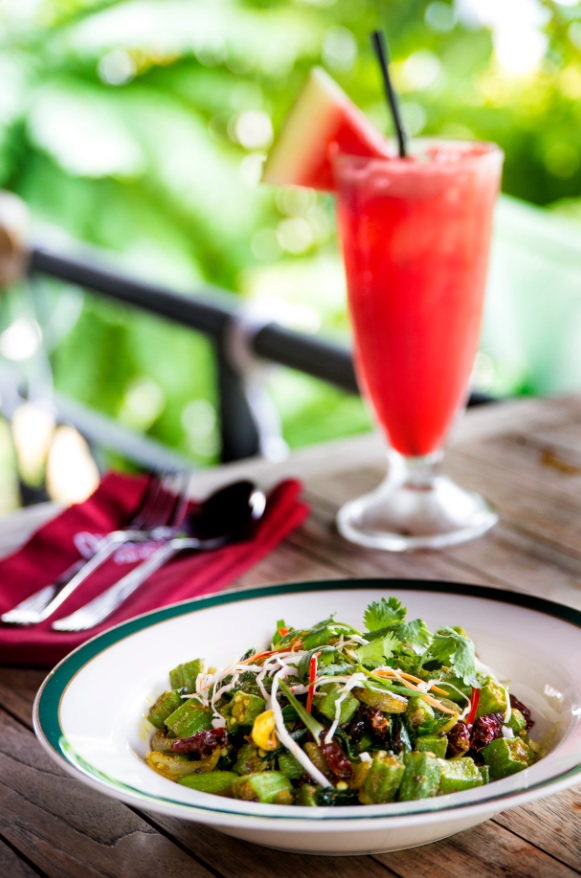
fretu bendi, fried okra with mustard seeds
He sees similarities between the Peranakans’ way of thinking and Eurasians’. “The Peranakans would rather die than give away the recipe,” he explains. “The Eurasians are like that too.” If you cannot cook, and your mother knows it, she will die with the recipe. He voices her internal dialogue, “Because it is from my cooking that people will remember me.” In 2009, he compiled 126 recipes from his Dad into a cookbook. His Dad started cooking at ten years old, when his grandfather died during the war. “My grandmother had to go out and work; she used to give him the money to go to the market.” With his cooking, he fed his younger sister.
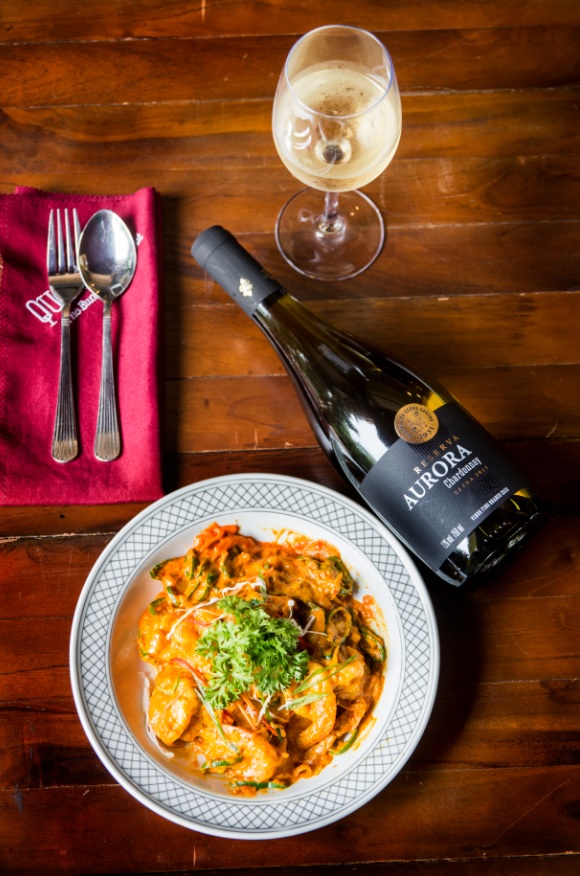
cambrang bostador, prawns in coconut curry
“If you just keep the recipe, and then it dies with you – what’s the point?” Earlier this year, he went to Malacca to find out how breudher, a cake of Dutch origins, was made. “It used toddy (coconut flower sap) as a raising agent.” There are only two people left in Malacca who know how to do it. “If you don’t share the recipe, it will die off.” Back in 2000, when his oldest brother first got their father a small stall, it started off as a way to keep him occupied, post-retirement. “For the first six months, we would go to the wet market, spend over a hundred dollars on ingredients, and manage to sell only sixty dollars’ worth of food,” he chuckles. Nonetheless, he understands his Dad’s convictions. “If you want to do something, you must do it properly.”
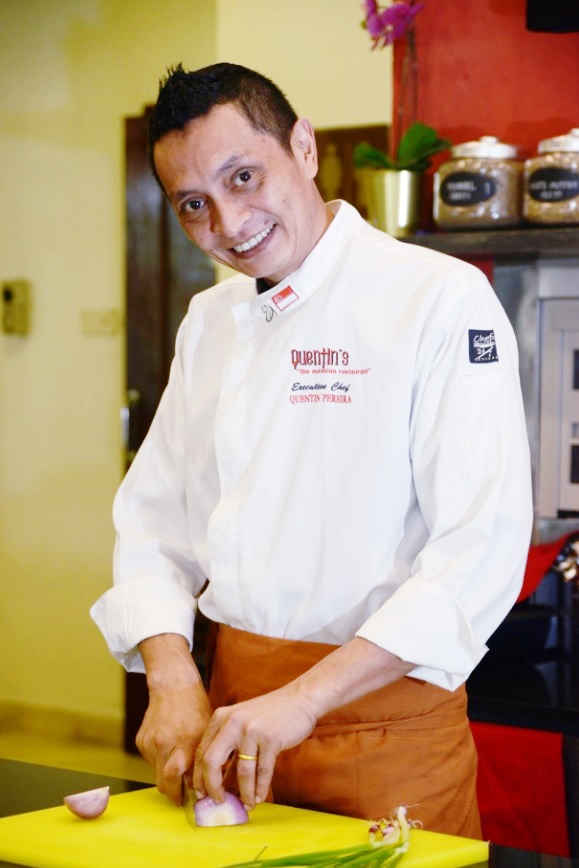
Chef Quentin Pereira
When I think back about my own food memories, I do remember my grandma teaching me how to make a cone out of bamboo leaves, and fill it with glutinous rice and meat during Dragon Boat Festival as a kid. She’s no longer with us now, but those dumplings always meant to me her love. “If you don’t eat rice, you won’t have energy.” I can still remember her frowning at me for eating too little. Time for me to head back to the kitchen to learn my own heritage – and, same for you.
Adapted from the
Sep Oct 18 issue of Cuisine & Wine Asia.
 In the 1500s, as spice traders from Portugal settled in Malacca and took local womenfolk as wives, their children became known as Eurasians. “After the Portuguese came, the Dutch came, then the English came,” explains Chef Quentin Pereira, 46, of Quentin’s Eurasian Restaurant. “Back then, a Eurasian would often marry another Eurasian, just like how the Chinese would usually marry within their own race.” His name came from the Latin word for ‘fifth’, as he was the fifth child out of six.
In the 1500s, as spice traders from Portugal settled in Malacca and took local womenfolk as wives, their children became known as Eurasians. “After the Portuguese came, the Dutch came, then the English came,” explains Chef Quentin Pereira, 46, of Quentin’s Eurasian Restaurant. “Back then, a Eurasian would often marry another Eurasian, just like how the Chinese would usually marry within their own race.” His name came from the Latin word for ‘fifth’, as he was the fifth child out of six.


